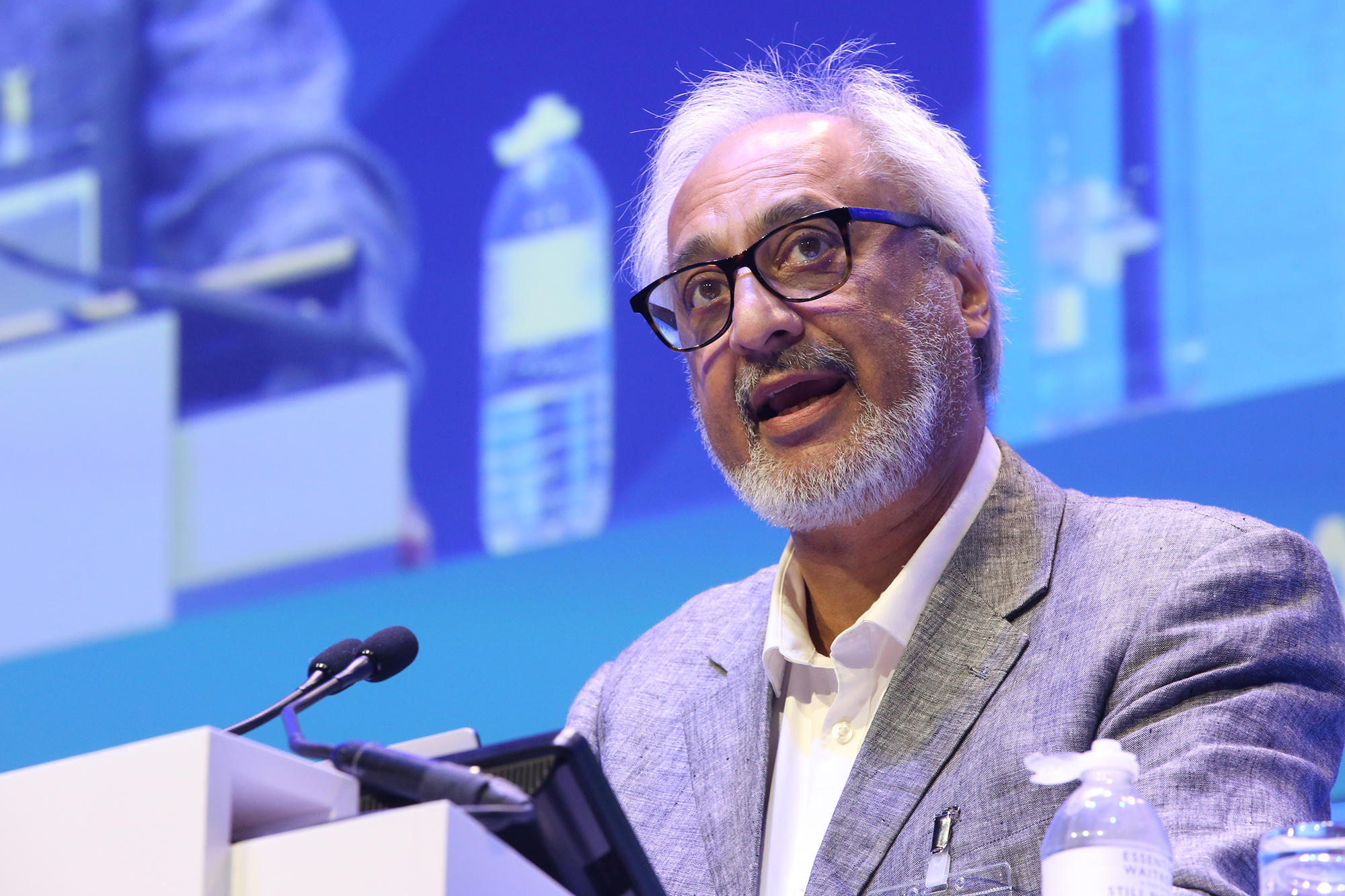‘Suicide is preventable’ and the country is getting sicker. There is ‘great need’ for action on the links between health and economic crises.
Those were among the messages from a symposium, held at BMA House last month, which saw doctors, experts and policy makers come together to discuss suicide prevention, the exacerbating problems caused by an economic recession and the best way to lobby for solutions.
Among the speakers at the event were Mind chief executive Sarah Hughes, founder of Doctors in Distress Amandip Sidhu, and consultant liaison psychiatrist at the Royal London Hospital Peter Byrne. Rachel Gibbons, chair of the working group on the effect of suicide and homicide on clinicians at the Royal College of Psychiatrists, also gave a presentation.
Opening the symposium, which was chaired by journalist Nick Ross, psychiatrist and BMA board of science lead for suicide prevention JS Bamrah described the ‘great need’ for action in the area.
Professor Bamrah said: ‘Last year the BMA published a report, Our country is getting sicker, which explored the impact of the economic crisis on the country’s physical and mental health, and also we are aware of how increased pressures are having a detrimental effect on doctors’ own health. Doctors are affected personally and professionally because we look after patients who might unfortunately die by suicide but we have also seen the tragic loss of doctors to suicide. Suicide prevention is a key priority for the board of science.’
Workload excessive
 BAMRAH: Increased pressure affects doctors' health
BAMRAH: Increased pressure affects doctors' health
Mr Sidhu described the origins of his charity, Doctors in Distress, which he founded after the suicide of his brother, a consultant cardiologist who became burned out after working 80 to 100 hour weeks, doing the work of two consultants and struggling to sleep. Mr Sidhu campaigns for mental health support in workplaces and action on improving working conditions among other key areas.
Mind chief executive Sarah Hughes affirmed all suicides are preventable and raised concerns about a potential increase in demand for mental health services oewing to the economic downturn, citing a 6.5 per cent increase in the number of suicides during the economic depression of 2007 to 2009.
The symposium also heard from Dr Gibbons who explained her ‘10 truths of suicide’ – a set of reflections about suicide based on her professional experiences.
Dr Byrne discussed the effects of public health campaigns on suicide and the social determinants of mental health issues.
BMA policy experts and elected representatives are now putting together proposals based on the discussion at the conference with a view to lobbying the Government for action. Professor Bamrah described the likely outcome as a statement outlining the association’s aims around suicide prevention.

